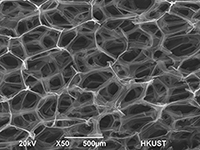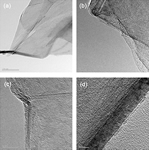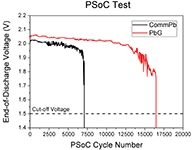High Performance and High Cycle-life Lead-Acid Batteries with Carbon-based Electrodes



Objective
- To reduce lead-acid batteries’ sulfation problem and enhance its cycle life through addition of graphene into electrodes.
- To explore the fundamental electrochemical mechanism of the interface between graphene and active material, as well as its impact on the battery performance.
Approach
- Incorporate graphene into lead-acid battery electrodes in the form of additive and/or 3D current collector in controlling the graphene conductive network
- Functionalize chemical derivative graphene oxide with controlled reduction degree as carbon additive for testing of electrochemical activity
- Investigate fundamental electrochemical mechanism of the interface through experiments and molecular dynamic model
Impact
- Enhance lead-acid batteries partial state of charge (PSoC) cycle life by more than 100% compared to commercial batteries
- Identify key factors governing the interfacial transformation of PbSO4
- Evaluate the impact of interfacial coupling on the battery performance
Contact
Prof Francesco Ciucci
Associate Professor of Mechanical and Aerospace Engineering